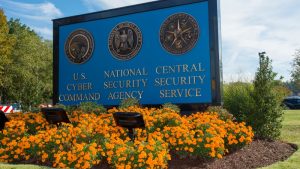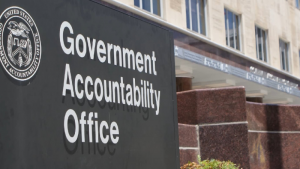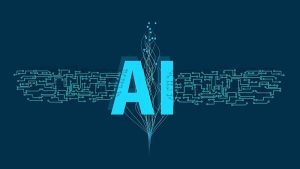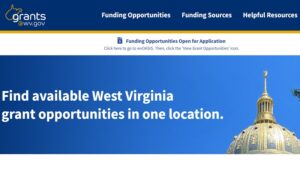Just as registration for spring sports gets underway, Hoboken, N.J., has launched a new recreation registration and facilities reservation request system called RecDesk.
For more than a year, President Biden’s nomination of Gigi Sohn to the Federal Communications Commission (FCC), has been stalled in the Senate. On Feb. 14, the Senate Commerce, Science, and Transportation Committee held its third hearing on her nomination, and it was largely a rinse and repeat of previous hearings.
GSA Administrator Robin Carnahan addressed state government leaders at the Aspen Institute Financial Resilience Summit in Washington DC on February 2, 2023, emphasizing her department’s focus on customer experience, shared services and smarter funding and procurement.
Dakota State University (DSU) is partnering with the National Security Agency (NSA) through its Educational Partnership Agreement (EPA) to enhance the technological abilities of the institution.
The Federal Communications Commission (FCC) announced $30 million in new funding for the Emergency Connectivity Program (ECP), which provides digital services for students nationwide.
A new report from the North Carolina Department of Public Instruction finds that teachers with higher effectiveness ratings prior to the pandemic-driven disruptions of the 2020-2021 school year helped mitigate learning loss as students and teachers shifted to remote and hybrid learning.
The Los Angeles County Office of Education (LACOE) is now offering its students access to school-based telehealth mental health services.
The Government Accountability Office (GAO) released its third report in a series of four that lay out the main cybersecurity areas the Federal government needs to urgently address.
As AI technologies continue to evolve at a rapid pace, a new bill in California aims to shape AI policy across the state and help increase consumer privacy and protection.
West Virginia has launched two new websites aimed at improving the state’s distribution of grants and infrastructure funding.













